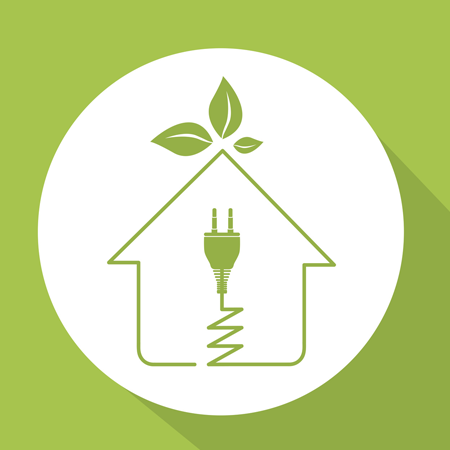SAVING ELECTRICITY

Conserving electricity reduces consumption of energy (Energy is the power to do work) and thereby saving energy costs.
The electricity that you use predominantly come from natural resources which is fossil fuels and are non-renewable. Hence, energy efficiency is widely hailed as a key component in extending the availability of the fossil fuels.
Consuming less energy has a many more other clear benefits too.

As a result, many companies and other organizations are researching ways to conserve and electricity and save our planet earth.
People do not want to change their lives too much to respond to global warming, and better electrical efficiency allows people to avoid having to sacrifice while being able to use less electricity. More efficient air conditioning systems have become popular in recent years, and modern refrigerators are more efficient than those used in the past.
Saving Electricity – starts right at your home – because, when you save electricity – then you save not only money but valuable energy resource too.
Energy saved is energy created. Read on to find out easy and practical tips for saving electricity – which you can use day to day.
These tips are not only good for your wallet – but good for the environment too.
These saving tips will help not only to reduce our national energy needs, but also improve the overall standing of our nation by improving its energy security.
While embarking on any conservation program – one has to understand the true meaning of the age old adage “drops of water make a mighty ocean… “


Disclaimer
We have tried our best to provide accurate and easily understandable information and tips for conserving and saving electricity. We do not claim that the above tips are relevant in all circumstances and also we do not claim that they are sure shot methods to save electricity and may not be exhaustive as we may have left out certain important sections or points in the regard of saving electricity. However, kindly also refer to other recognized sources of information - if you have any doubts or if you feel that any of the saving tip given here is irrelevant, inappropriate or inaccurate. Also consult a professional or an expert in electrical conservation or saving - before you act based on any of the above tips. Also read relevant manuals and instructions of all appliances, gadgets, equipments etc before using them. To the extent permissible by law, we will not accept or be held liable for taking up any responsibility, which will include claims, compensation for any loss, damage or injury caused to your life and or property.

Copyright © 2017 VsolV, Rights Reserved.| Privacy Policy | Terms of Use | Designed by HourGlassIT | Web Design Services Chennai